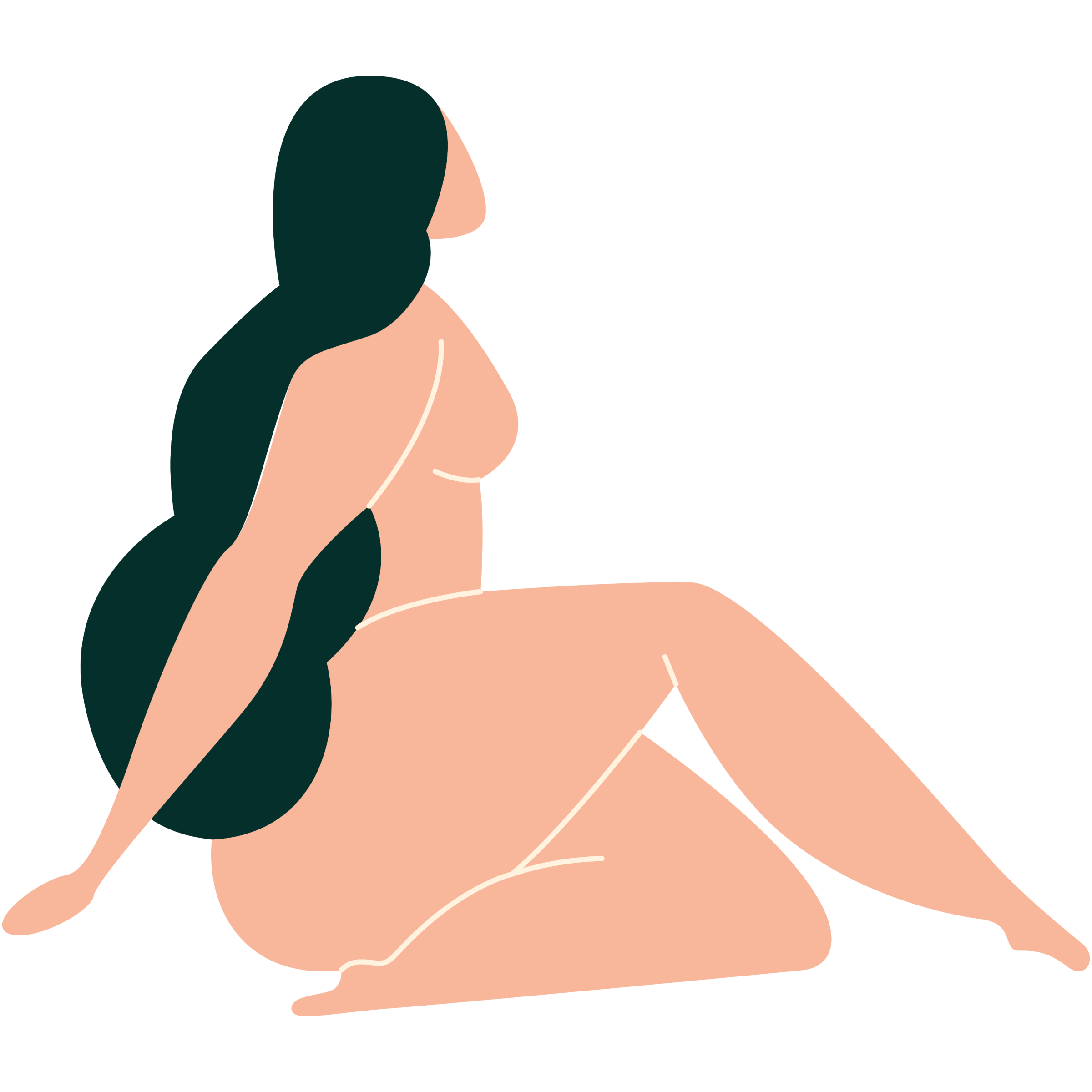
Body
Get to know your body through a better understanding of your anatomy and find the answers to some of your most common questions.
Back
All topics

4 resources

20 resources

6 resources

4 resources

6 resources
Back
All topics

9 resources

12 resources

4 resources

11 resources

2 resources
Back
Back
All topics

17 resources

11 resources

17 resources

2 resources

Mauj Products
We’ve designed our products to help you explore your body, solo or otherwise. Whether you’re a curious novice or a seasoned explorer, this is for you.
Back
All topics

4 resources

20 resources

6 resources

4 resources

6 resources
Back
All topics

9 resources

12 resources

4 resources

11 resources

2 resources
Back
Back
All topics

17 resources

11 resources

17 resources

2 resources

Mauj Products
We’ve designed our products to help you explore your body, solo or otherwise. Whether you’re a curious novice or a seasoned explorer, this is for you.

Changes in sexual desire – leading to mismatched libidos – are one of the most common hurdles in relationships. It can lead to everything from frustration to deep feelings of resentment. The first step is to understand that there could be many reasons, ranging from psychological to biological and contextual, that can result in a person’s libido decreasing over time or even suddenly.
Here are some of the most common reasons why you or your partner may be experiencing lowered desire.
Your feelings and thoughts play a big role in how much you desire sex. If you're feeling stressed, anxious, or down, it can make you less interested in getting intimate. Also, if you're not feeling good about yourself or you're dealing with unresolved problems in your relationship, these things can take a toll on your sex drive. Think of it like this: when your mind isn't in the right place, your body might not be either.
The environment and circumstances in which you live can also impact your libido. For example, if you're living in a place where it's hard to find some privacy or you've got a crazy busy schedule, it can make it tough to find time and energy for intimacy.
Life can get in the way sometimes, but there are ways to work around these challenges if you and your partner communicate and make an effort to prioritize your sex life, if that’s important for both of you.
Hormones are like tiny messengers in your body, and they can have a big say in how much you want to have sex. If you’re going through menopause (which is a natural part of aging) or if you’ve just had a baby, your body goes through changes, like having less estrogen, which can cause a low libido.
Men can also experience hormonal changes, such as a decrease in testosterone, which can result in a reduced sex drive.
Sometimes, the medicines you take for other health issues can have undesired effects on your sex drive. Medications like antidepressants, birth control pills, and even pills for things like hair loss or high blood pressure can sometimes make you feel less interested in sex. If you think your medicine might be affecting your sex drive, it's a good idea to chat with your doctor about potential alternatives or dose adjustments.
Your body needs energy for everything it does, including having sex. If you're tired all the time because you're not getting enough sleep or you're just feeling run-down, it's normal to not feel up for sex. In addition, as we get older, our bodies change, and our desire for sex can change too.
It’s totally normal to experience changes in your sexual desire. The key is to recognize what’s causing it and find ways to address or manage those factors. Communication and seeking professional advice when needed can make a significant difference in navigating these challenges.

This article has been medically reviewed by the WISH Program at AUBMC.
The Women Integrated Sexual Health (WISH) Program at the American University in Beirut Medical Center (AUBMC) is a program dedicated to empower, educate, and heal through addressing the multifaceted aspects of sexuality and sexual and reproductive health and rights.
Did you find the answer you were looking for? Is there something we missed? What did you think of this resource? We want to hear from you.



